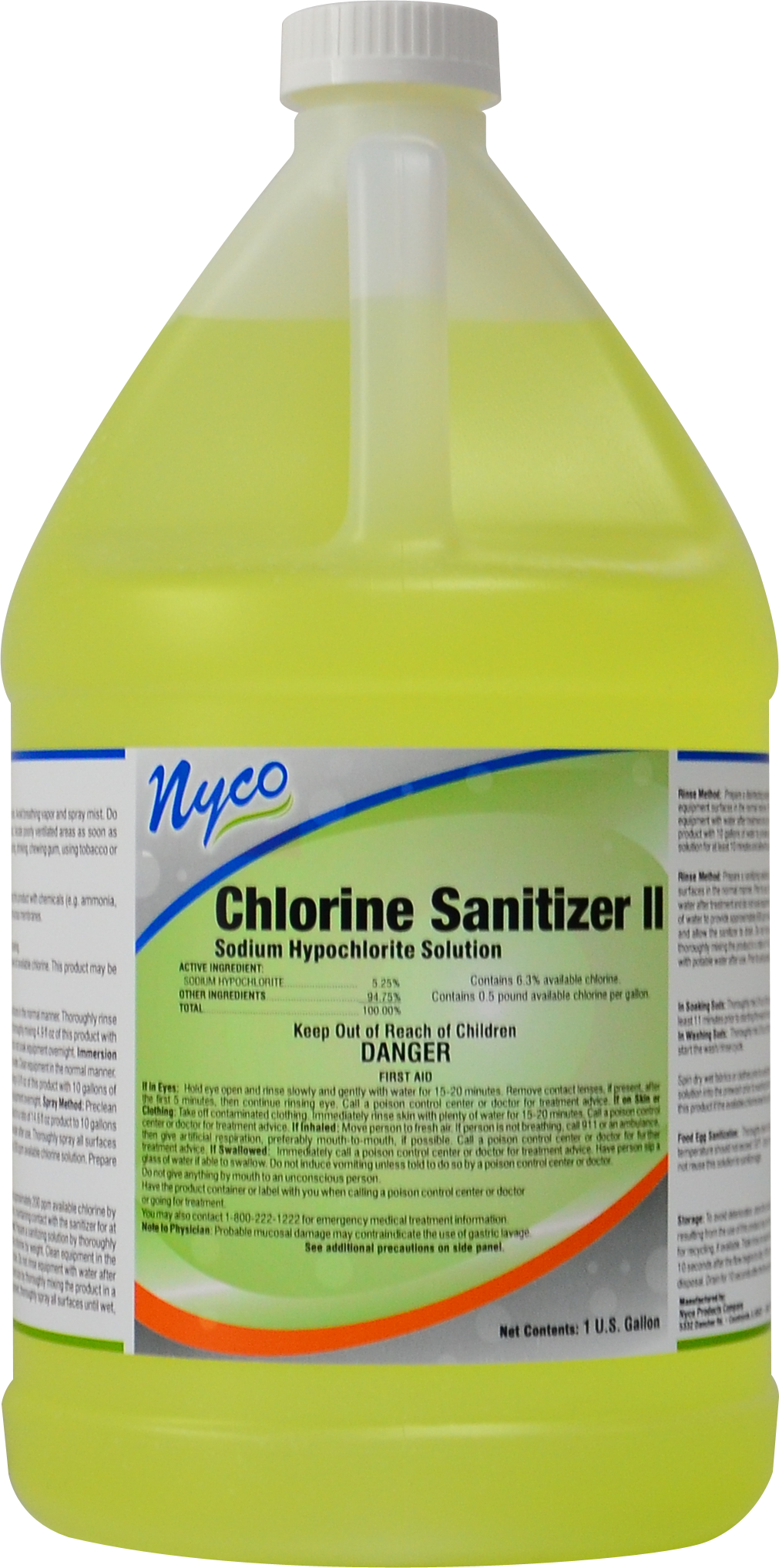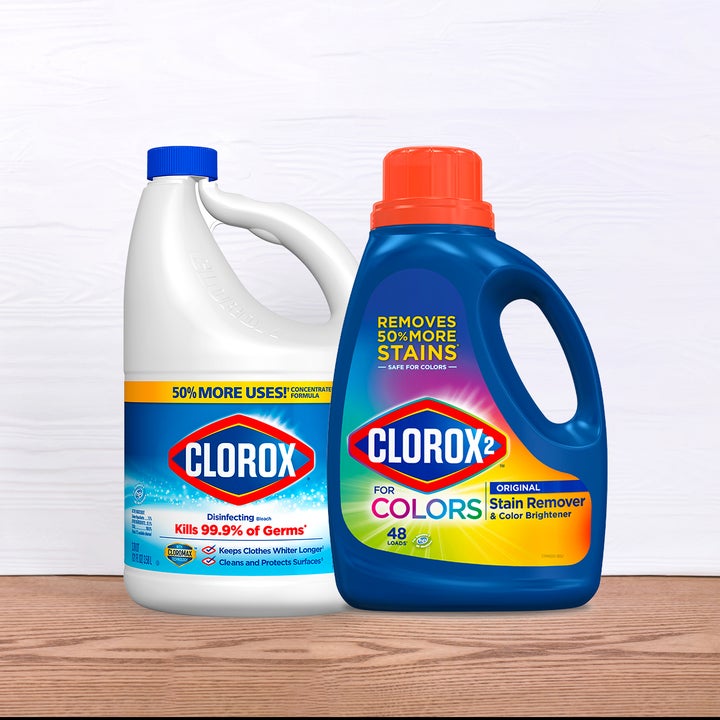This is Anthony Thompson, chief editor and the founder of this site, Tinyhousegarage. I'm a home architect. Basically, I've created this site to help people...Read more
Chlorine is a powerful and versatile disinfectant that is used in a variety of settings, from public swimming pools to water treatment facilities. While chlorine is well-known for being effective at killing bacteria and viruses, many people may not be aware of the science behind why it works so well. In this article, we’ll discuss why chlorine is such a good disinfectant, and the advantages it offers over other types of disinfectants.
Chlorine is a highly reactive element that can kill microorganisms quickly and effectively. When chlorine is added to water, it forms hypochlorous acid, which can break down cell walls and proteins, destroying the microorganism in the process. The reaction also produces chloramines, which can further disinfect the water by breaking down the outer layers of bacteria and viruses. This combination of chemical reactions makes chlorine an effective disinfectant for many different applications.
language

Why is Chlorine a Good Disinfectant?
Chlorine is a popular and effective disinfectant used to kill germs, bacteria and other microorganisms. Chlorine has been used for decades as a disinfectant in water treatment processes and is highly effective at killing a wide variety of microorganisms. Its effectiveness and low cost make it an ideal choice for disinfection.
Chlorine is Highly Effective
Chlorine is highly effective at killing a wide range of bacteria, viruses and other microorganisms. It is capable of killing 99.99% of harmful microorganisms, including E. coli, Salmonella, Legionella, and many other pathogens. Chlorine is also effective at killing algae and other plant matter, making it ideal for water treatment applications. Chlorine is also often used to disinfect swimming pools, hot tubs and other recreational water areas.
Chlorine is also effective at killing spores, which are resistant to other disinfectants. This makes chlorine an ideal choice for disinfecting areas where spores may be present. Chlorine is also effective at killing protozoa and other parasites, making it a popular choice for treating drinking water and other sources of water.
Chlorine is Economical
Chlorine is a relatively inexpensive disinfectant and is widely available. It is easy to store and transport, and does not have the same hazardous waste disposal requirements as other disinfectants. Chlorine is also easy to use and can be applied quickly and easily to a wide range of surfaces.
Chlorine is also very effective at low concentrations, meaning it can be used in a variety of different applications without the need for large amounts of the chemical. This makes it an economical choice for disinfecting large areas or treating large volumes of water. Chlorine is also relatively safe to use and can be safely handled by most individuals.
Frequently Asked Questions
Chlorine is a powerful disinfectant used in a variety of different applications. It is used to sanitize drinking water, swimming pools, and other public spaces. It is even used as a food additive to help prevent the growth of bacteria. Here are some questions and answers about chlorine and its use as a disinfectant.
Why is Chlorine a Good Disinfectant?
Chlorine is an effective disinfectant because it is strong enough to kill a wide range of microorganisms, including bacteria, viruses, and protozoa. It is also relatively inexpensive and easy to use. It is particularly effective in killing bacteria, as chlorine can penetrate cell walls and disrupt their metabolic processes. Additionally, chlorine is safe for humans and animals, meaning it can be used in a variety of public settings without worry of poisoning or harming people.
Chlorine is also capable of destroying certain types of toxins, meaning it can be used to sanitize water that may have been contaminated with agricultural or industrial pollutants. Finally, it is effective in killing microorganisms in both warm and cold water, making it an effective sanitizer for a wide range of temperatures.
How is Chlorine Used as a Disinfectant?
Chlorine is most commonly used in a liquid form, such as bleach or liquid chlorine. It is typically added to water and then allowed to circulate, allowing the chlorine to kill any microorganisms present in the water. It can also be used as a gas or solid form, though these forms are less common. When used as a gas, it is typically added to enclosed spaces to sanitize them, such as greenhouses or swimming pools.
Chlorine can also be used in a variety of other applications, such as food processing and wastewater treatment. In these applications, chlorine is typically added in a powdered form, which can be dissolved in water and then circulated. The chlorine then kills any microorganisms present in the water, ensuring it is safe to use.
What are the Benefits of Using Chlorine?
The primary benefit of using chlorine is its effectiveness in killing a wide range of microorganisms, including bacteria, viruses, and protozoa. This makes it an excellent choice for sanitizing drinking water, swimming pools, and other public areas. Additionally, it is relatively inexpensive and easy to obtain, making it an affordable option for many applications.
Chlorine is also safe for humans and animals, meaning it can be used in public settings without fear of poisoning or harming people. It is also capable of destroying certain types of toxins, meaning it can be used to sanitize water that may have been contaminated with agricultural or industrial pollutants. Finally, it is effective in killing microorganisms in both warm and cold water, making it an effective sanitizer for a wide range of temperatures.
What are the Drawbacks of Chlorine as a Disinfectant?
The primary drawback of using chlorine as a disinfectant is that it can be corrosive and cause damage to certain materials. It can also be toxic if it is ingested in large amounts, so it should not be consumed. Additionally, chlorine can react with other compounds in the environment, forming potentially toxic byproducts.
Finally, chlorine can be toxic to aquatic life if it is used in large amounts. This can be a problem in some applications, such as when it is used to sanitize swimming pools or wastewater treatment systems. For this reason, it is important to ensure that chlorine levels are carefully monitored in order to avoid harming aquatic life.
How Can Chlorine Levels be Monitored?
Chlorine levels can be monitored using a variety of different methods. The most common method is to test the water for chlorine levels using a test strip or kit. Additionally, chlorine monitors can be used to measure the chlorine levels in a given area. Finally, if chlorine is used in a swimming pool or other public area, it is important to ensure that the chlorine levels are kept within a safe range.

Water disinfection with chlorine
In conclusion, chlorine is an amazing disinfectant that is both effective and inexpensive. It is widely used to provide safe drinking water, to control the spread of disease, and to keep public swimming pools safe. Chlorine’s effectiveness comes from its ability to quickly kill bacteria, fungi, and viruses. It also has a long shelf life, so it can be used over a long period of time. Additionally, chlorine is a relatively safe chemical and is not toxic to humans or animals. All in all, chlorine is a great choice for disinfecting water and other surfaces.
Chlorine is a highly effective and inexpensive disinfectant that can be used in many applications. It can help keep public areas safe, provide safe drinking water, and help to prevent the spread of disease. Not only is chlorine effective, but it is also safe for humans and animals. As such, chlorine is a great choice for disinfecting water and other surfaces.

This is Anthony Thompson, chief editor and the founder of this site, Tinyhousegarage. I'm a home architect. Basically, I've created this site to help people build tiny houses with a limited budget and land space or people who are homeless. As a home architect, I became very disheartened when I saw homeless people around me, which influenced me to create this site to help people build beautiful tiny houses.
More Posts
